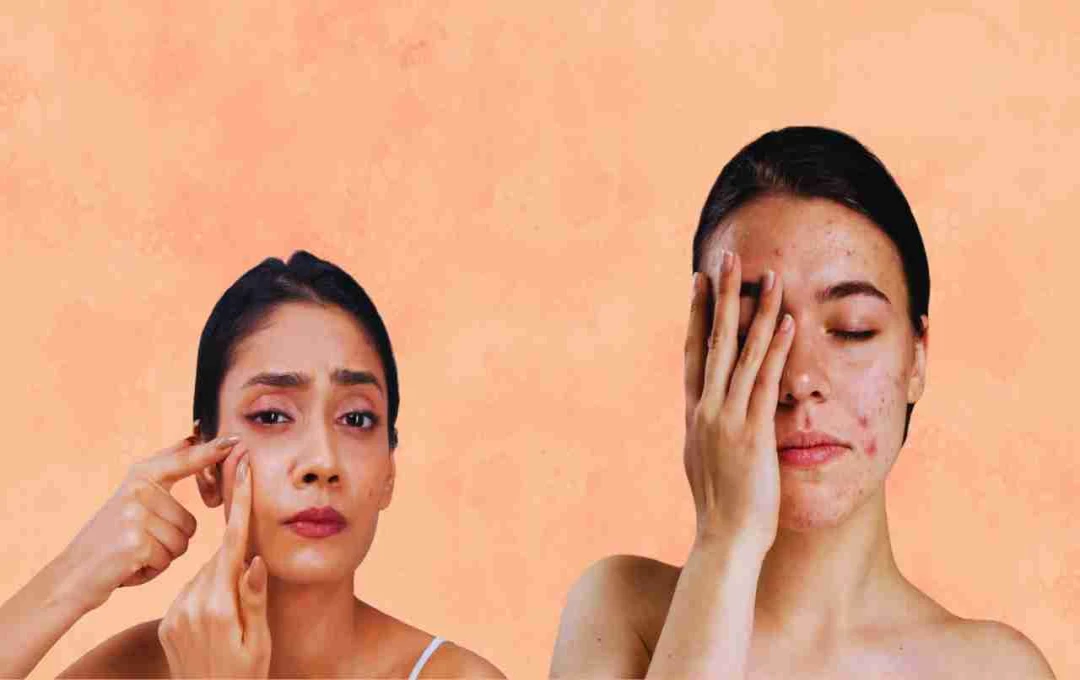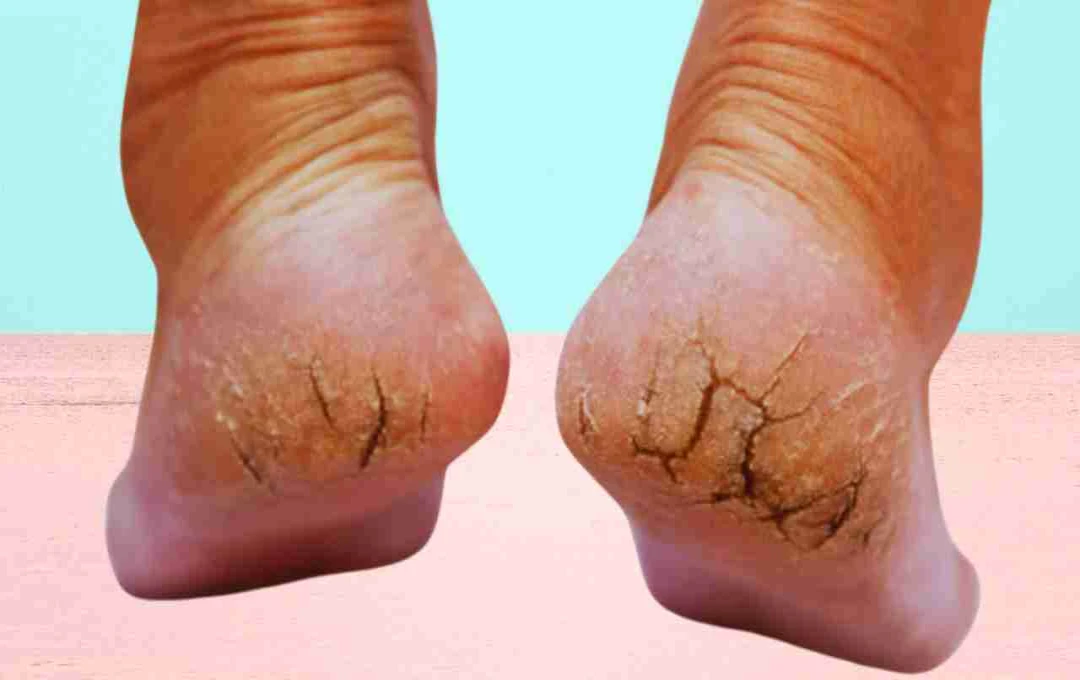Our eyes are the most crucial part of our lives, showcasing the world's beauty and simplifying daily routines. However, over time or due to various factors, eyesight can weaken or be completely lost, leading to blindness. Many causes contribute to blindness or visual impairment, some disease-related and others lifestyle-related.
Cataracts – Clouding of the Eyes
Cataracts are a common eye condition, particularly prevalent among the elderly. The transparent lens of the eye becomes clouded, making it difficult to see clearly. Initially, a mild blurriness is experienced, but this worsens over time, reducing vision. Without timely treatment, complete vision loss can occur. To prevent cataracts, avoiding smoking is crucial, as it damages the eyes and exacerbates the condition. Regular eye check-ups and consuming fruits and vegetables rich in Vitamin C and Vitamin E are also beneficial. Wearing sunglasses outdoors to protect the eyes is essential.
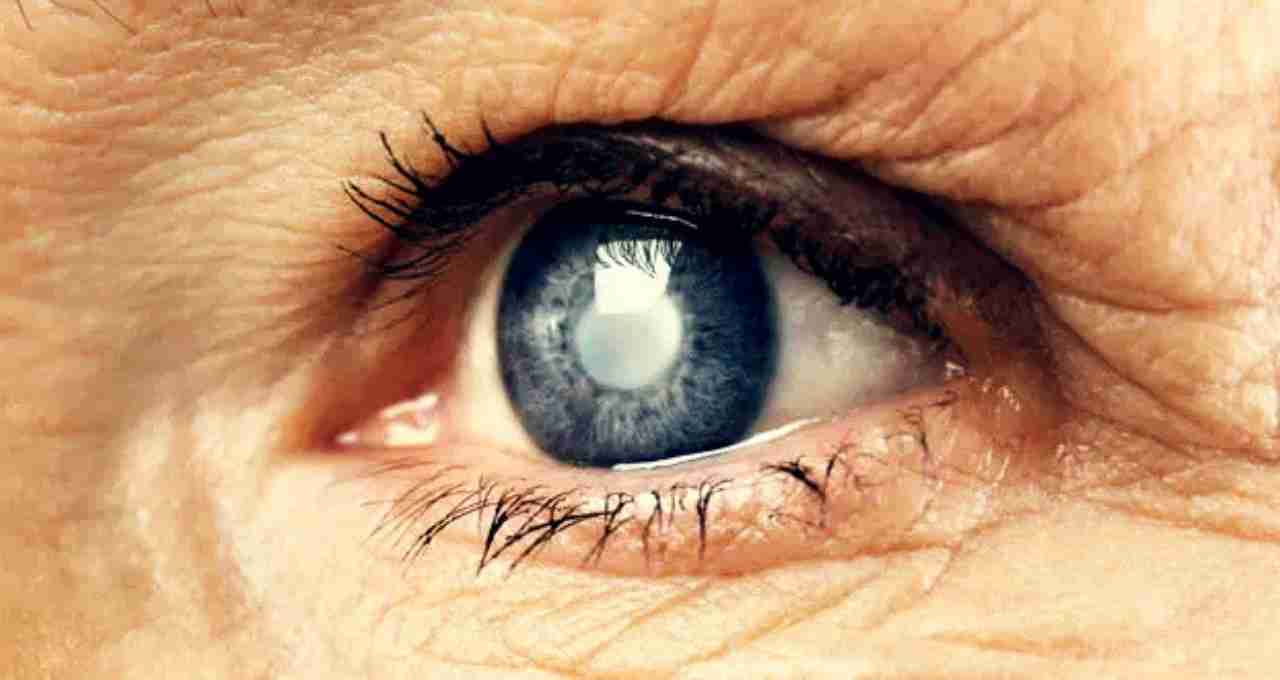
Prevention:
- Undergo regular eye examinations to detect early symptoms.
- Increase consumption of Vitamin C and Vitamin E-rich foods, beneficial for eye health.
- Wear sunglasses to protect against UV rays when outdoors.
- Refrain from smoking, as it promotes eye disease.
Glaucoma – Optic Nerve Disease
Glaucoma is a serious eye disease characterized by increased pressure inside the eye. This increased pressure damages the optic nerve, which transmits visual messages from the eyes to the brain. As the optic nerve deteriorates, vision gradually weakens, potentially leading to blindness if left untreated. A key characteristic of glaucoma is the absence of initial symptoms, hence its nickname, "the thief of sight." Therefore, regular eye check-ups are vital for early detection and treatment.
Prevention:
- Regularly check intraocular pressure.
- Maintain controlled blood pressure.
- Avoid smoking and alcohol.
- Adopt a healthy lifestyle and manage stress.
Diabetic Retinopathy – Eye Damage from Diabetes
Diabetic retinopathy is a common complication in diabetes patients. Tiny blood vessels in the retina are damaged, gradually weakening eyesight. Poor blood sugar control accelerates this problem, potentially leading to blindness. Regular eye examinations are crucial for diabetes patients. Controlling blood sugar, maintaining a healthy diet, and regular exercise are essential for eye health. Seeking timely medical advice and treatment is the best preventative measure.
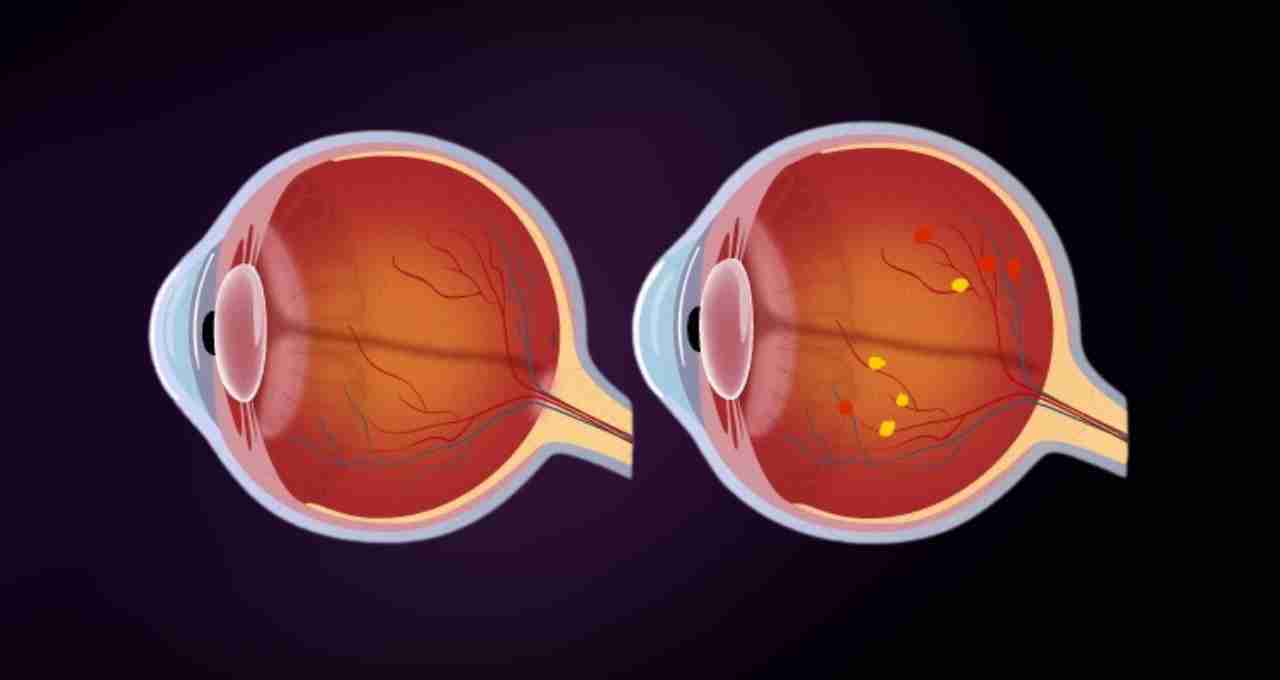
Prevention:
- Maintain regular blood sugar control.
- Follow a healthy diet and limit sugar intake.
- Engage in regular exercise.
- Undergo periodic eye examinations for early problem detection.
Macular Degeneration – Age-Related Eye Problem
Macular degeneration is an age-related condition primarily affecting individuals over 50. It damages the macula, the central part of the retina. The macula is crucial for central vision; its damage impairs central vision, making it difficult to recognize faces, read, or see small objects. To prevent this, consuming leafy green vegetables and fruits, rich in essential nutrients for the eyes, is recommended. Avoiding smoking and undergoing regular eye check-ups for timely treatment are equally important.
Prevention:
- Consume leafy green vegetables and antioxidant-rich foods.
- Completely avoid smoking, as it promotes this disease.
- Undergo regular eye examinations.
- Ensure adequate intake of Vitamins A, C, E, and Zinc.
Genetic Factors and Lifestyle
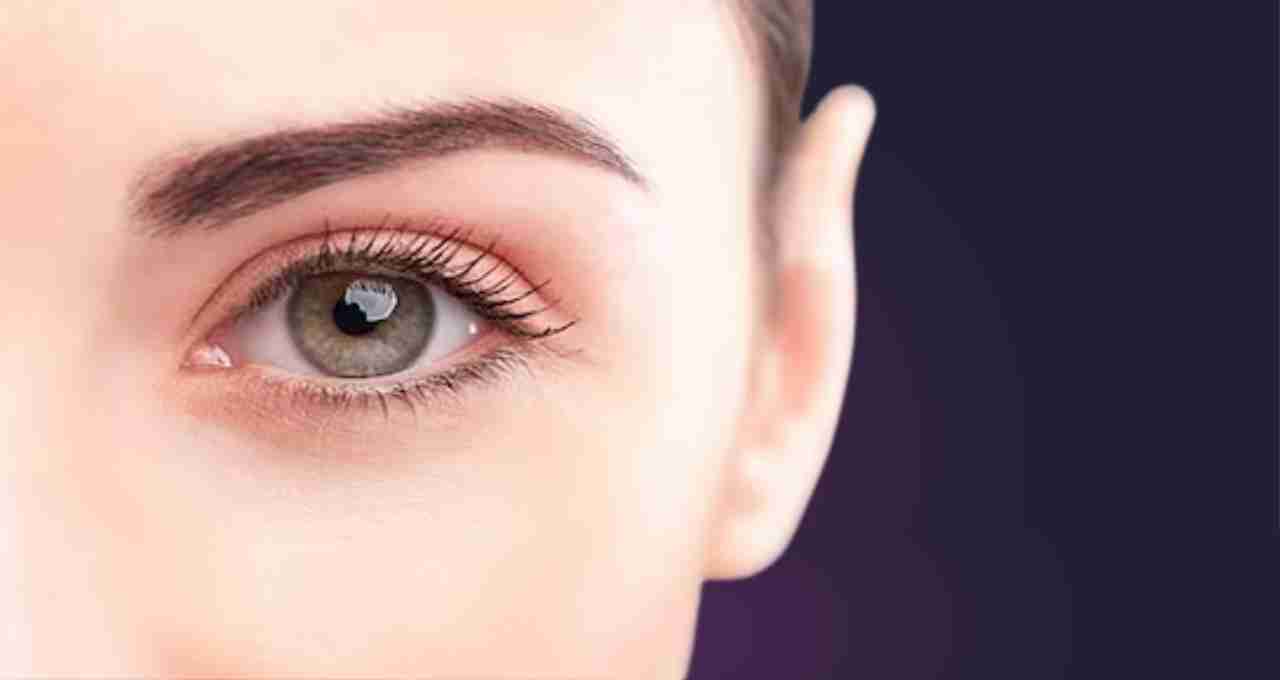
Genetic factors contribute to weakened eyesight in some individuals. A family history of eye diseases increases the risk. Modern lifestyles also harm eye health. Excessive screen time (mobile phones, computers, TV), poor diet, lack of sleep, and smoking weaken eye health. To maintain healthy eyes, reducing screen time, adopting a balanced diet, getting sufficient sleep, and avoiding smoking are essential for b eyes and healthy vision.
Prevention:
- Limit screen time and rest eyes every 20 minutes.
- Maintain a diet rich in Vitamin A, omega-3 fatty acids, and other essential nutrients.
- Sleep at least 7-8 hours daily.
- Avoid smoking and alcohol.
- Undergo regular eye check-ups, especially if there's a family history of eye diseases.
How to Care for Your Eyes?
- Give your eyes adequate rest and avoid prolonged screen time.
- Wear good quality sunglasses for eye protection outdoors.
- Maintain meticulous eye hygiene.
- Follow a healthy diet including fruits, leafy vegetables, nuts, and fish.
- Engage in regular exercise and manage stress levels.
- Consult a doctor immediately if you experience eye irritation, redness, or blurred vision.
Eyesight is a precious gift; protecting it is crucial. Cataracts, glaucoma, diabetic retinopathy, macular degeneration, and genetic/lifestyle factors increase the risk of vision loss. Timely check-ups, proper nutrition, and healthy habits can prevent these issues. Prioritize eye care and regular check-ups to maintain sharp, healthy vision.






